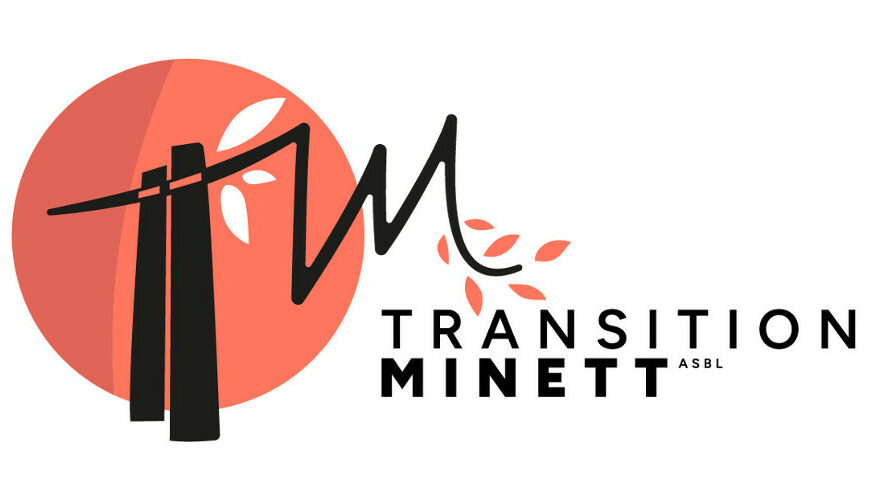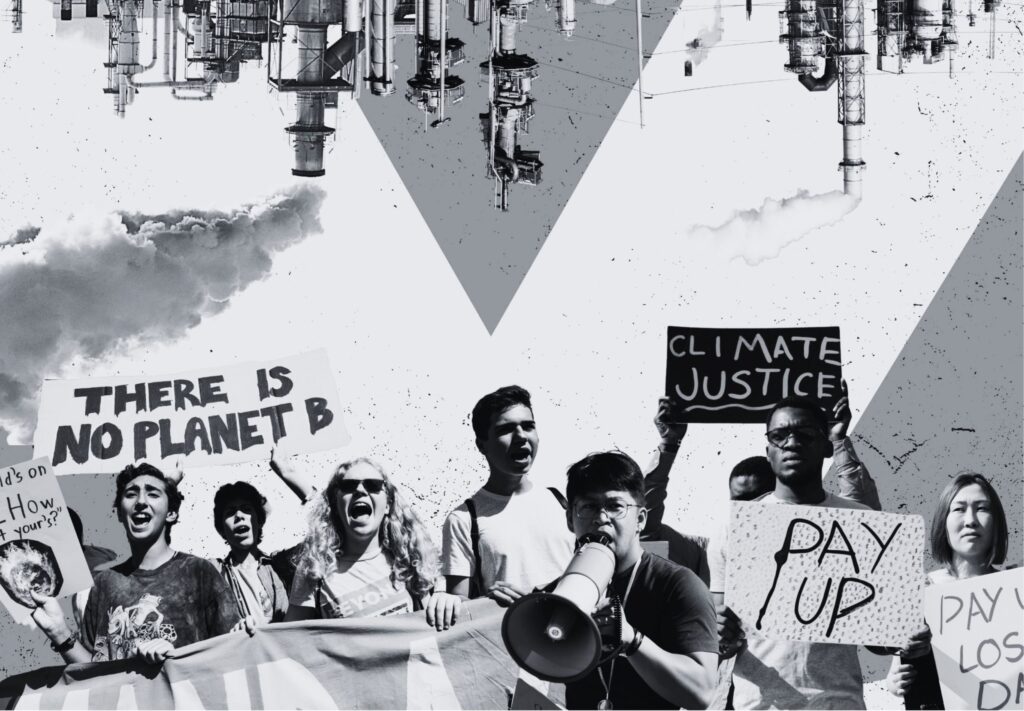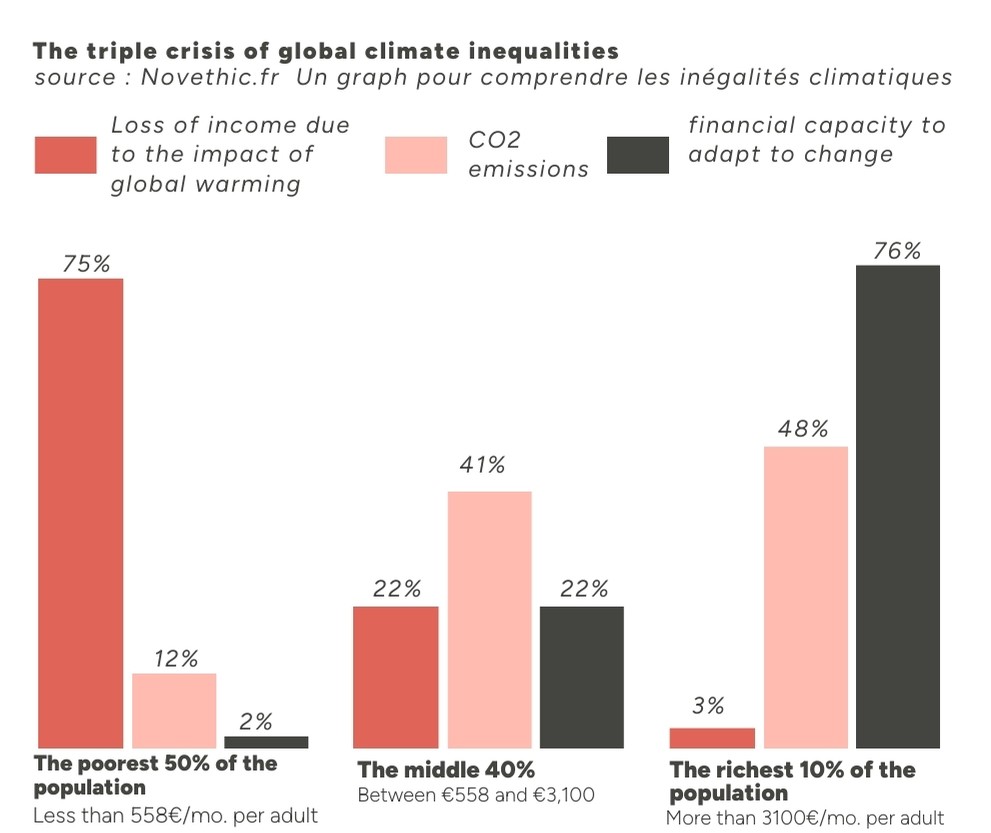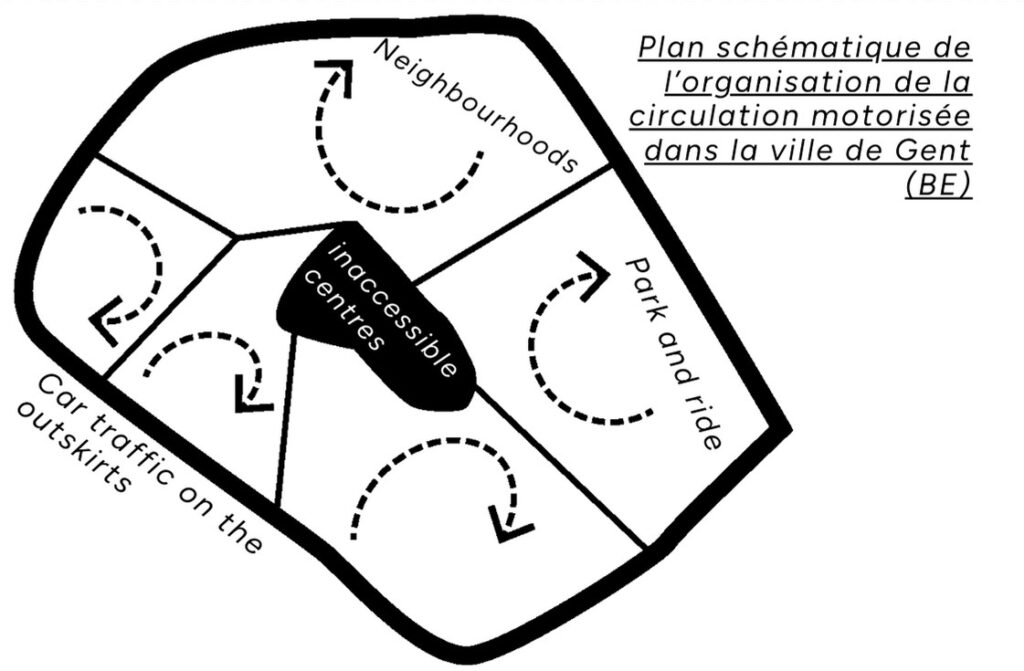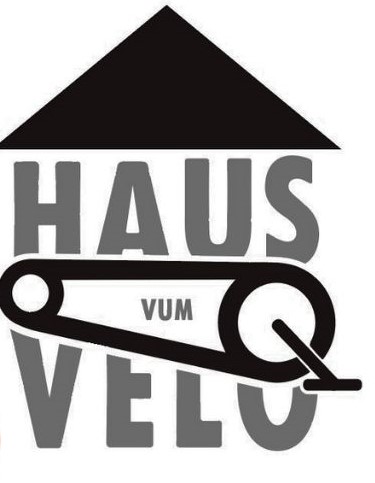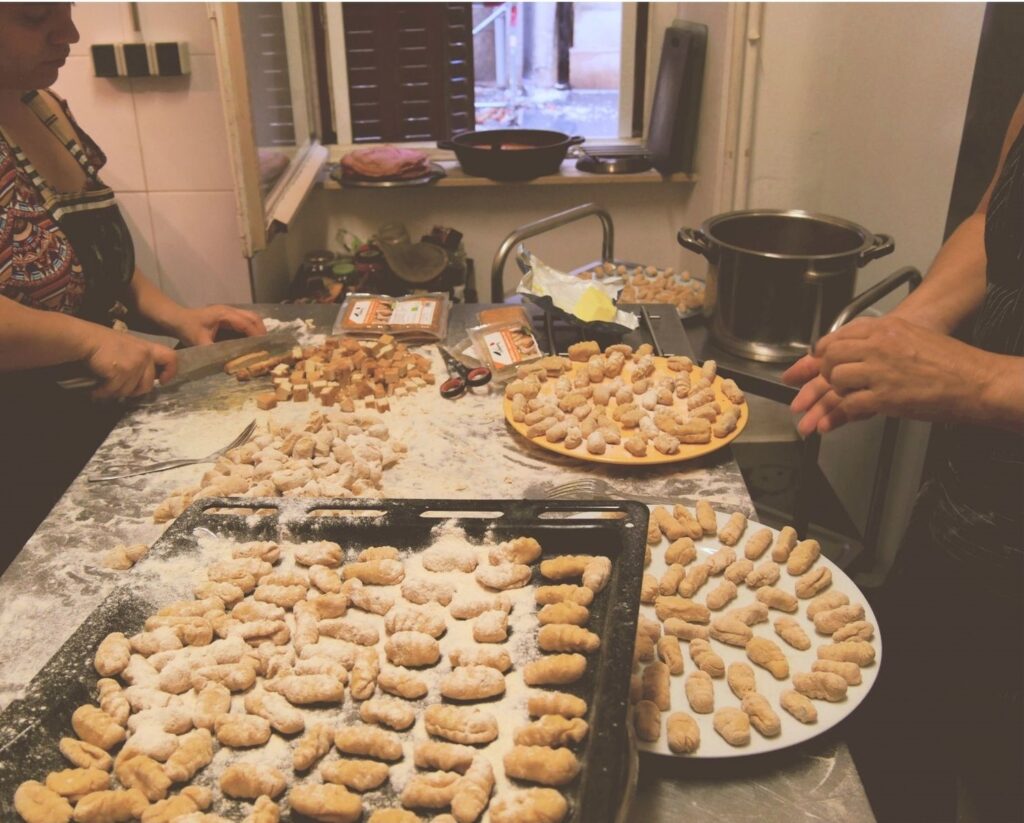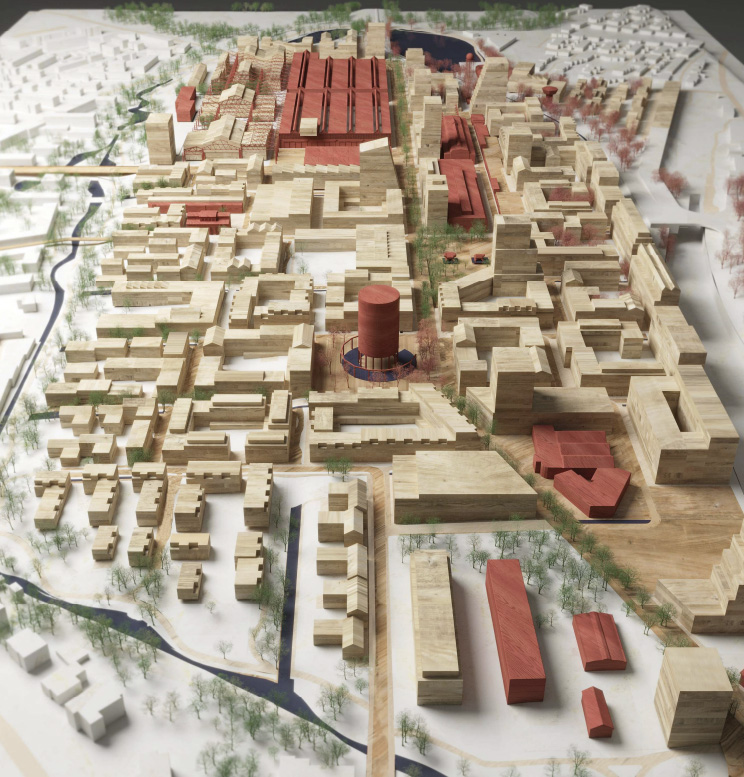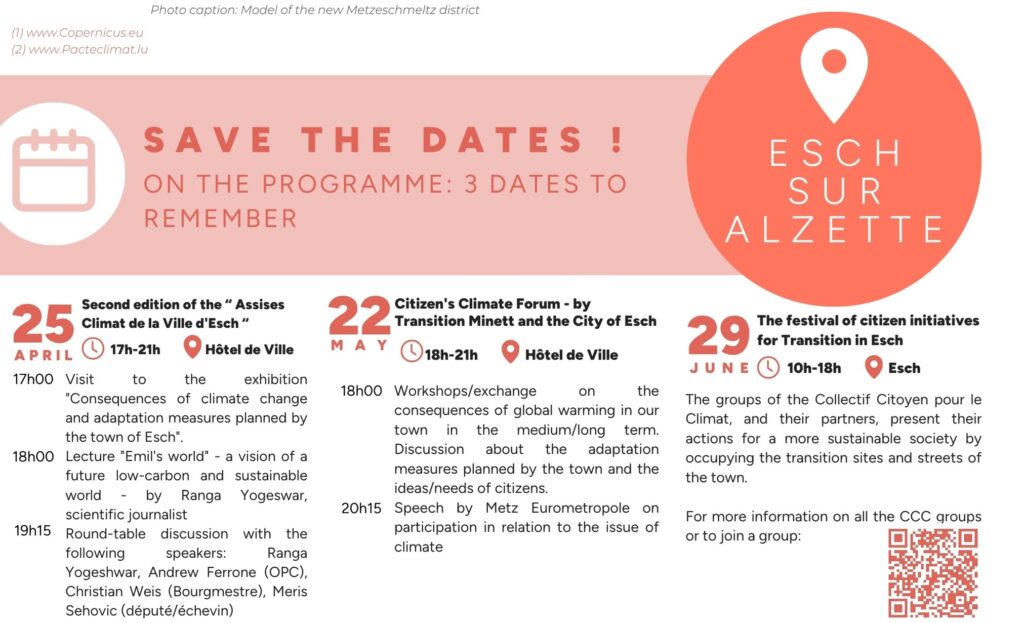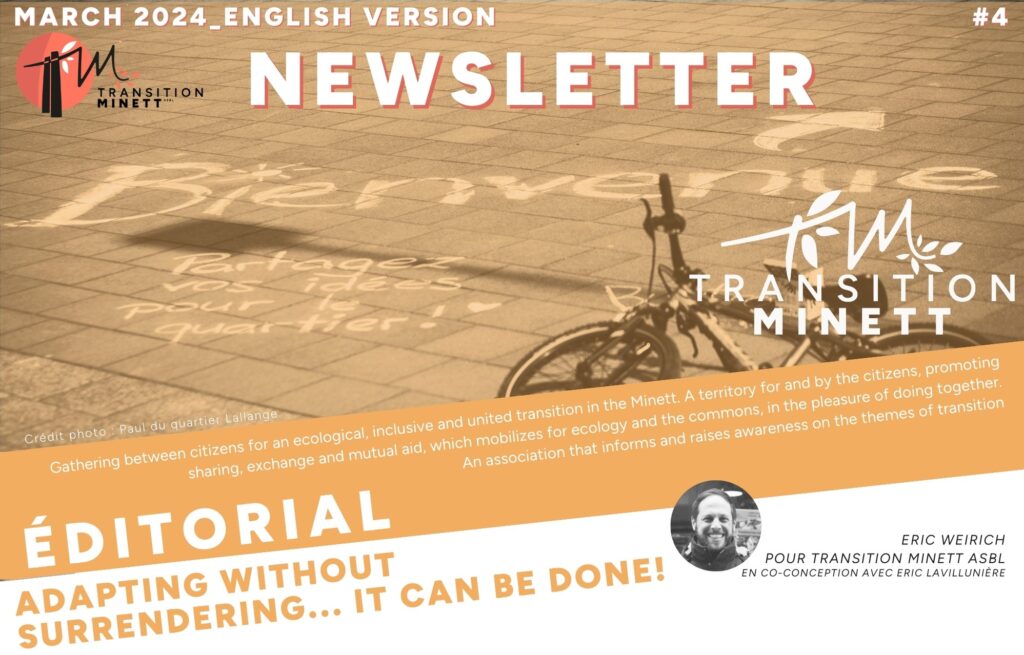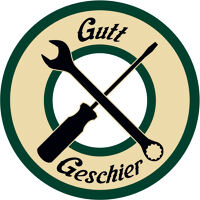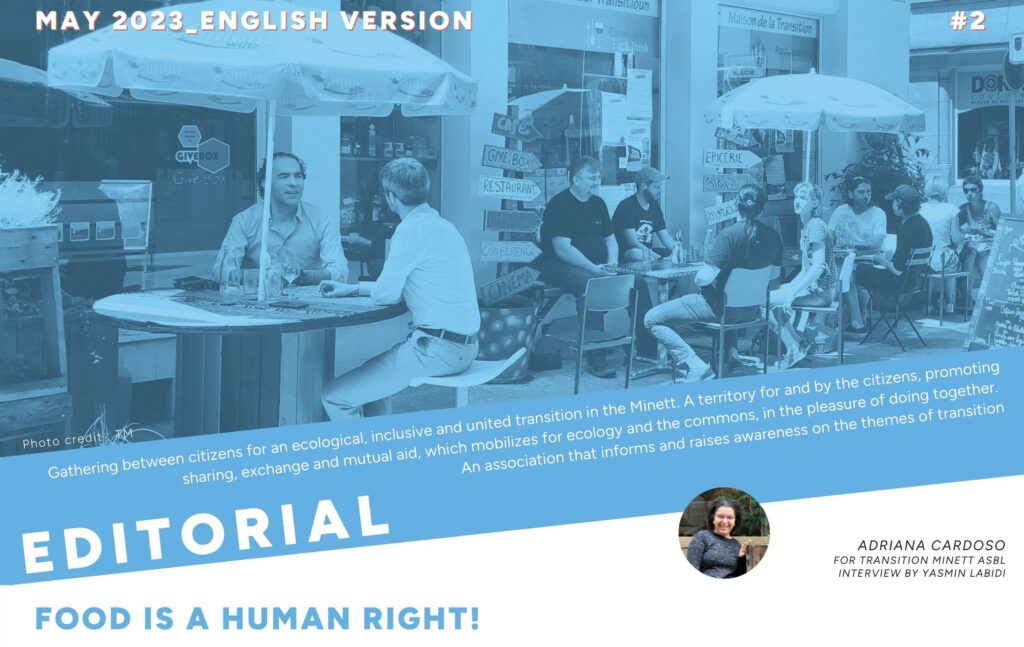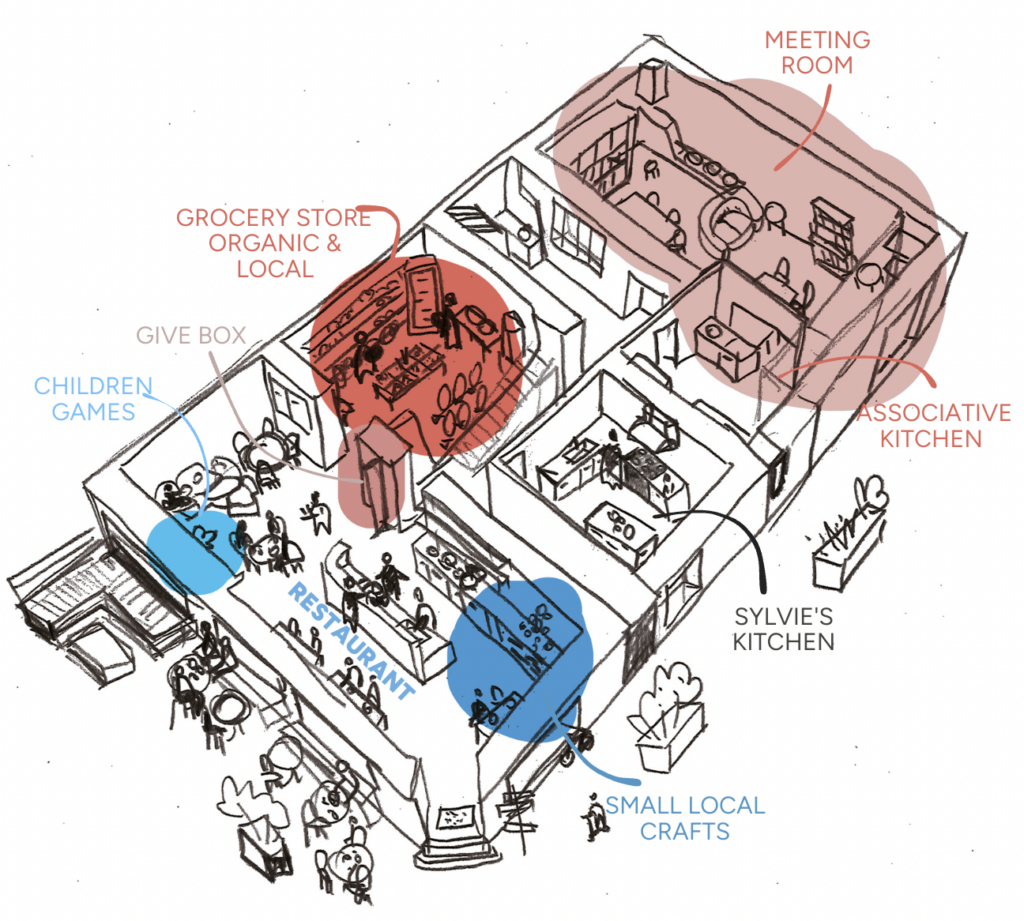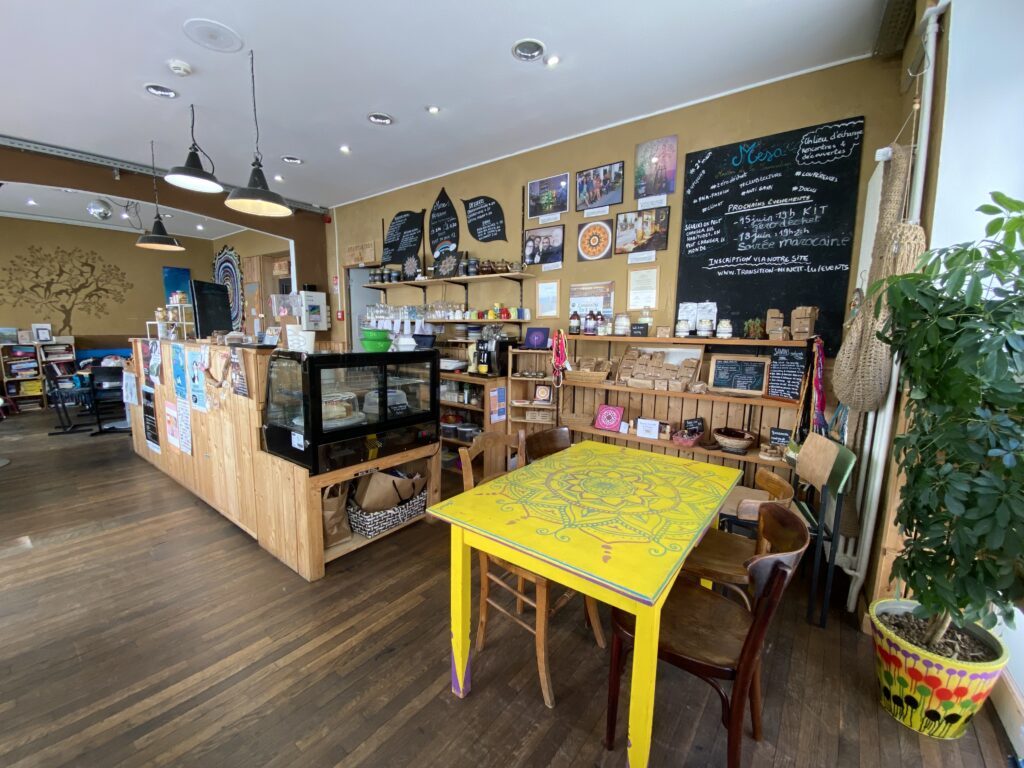Interview with Abbes Kalmes President of TMEnerCoop S.C
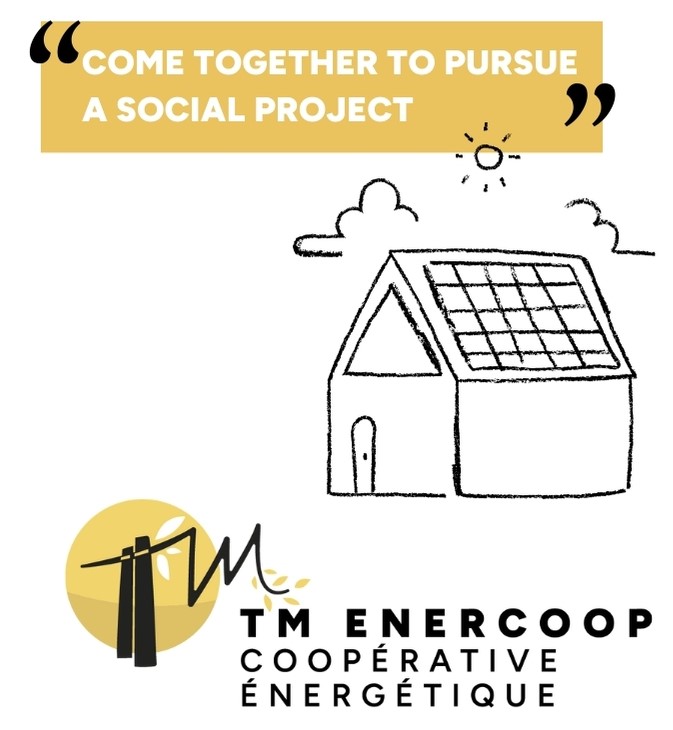
- What is an energy co-operative?
It’s a group of people who come together to pursue a social project that produces goods and/or services. In this case, we’re talking about the production, and soon the sharing, of renewable energy.
- What are the advantages of becoming a cooperative as opposed to installing individual solar panels?
You can do both, but investing in a cooperative allows you to make a collective investment that is just as effective but less costly than the sum of individual projects.
- What is the national interest in developing energy co-ops across the country, and what are the obstacles?
The idea is to develop communities of citizens who can meet their own energy needs (production and sharing). In this way, they are contributing to energy independence and democratising the means of production. The main obstacles are the lack of knowledge and the fears of some politicians about the potential benefits of citizen communities.
- Can I become a TM EnerCoop cooperator?
Any individual who applies for membership and shares the values defined in our Articles of Association can become a member. We also have a number of non-profit organisations and a foundation among our members, and will be accepting municipalities in the future.
You can apply for membership via our website www.tmenercoop.lu
Interview by Sébastien Kanarek and Eric Lavillunière
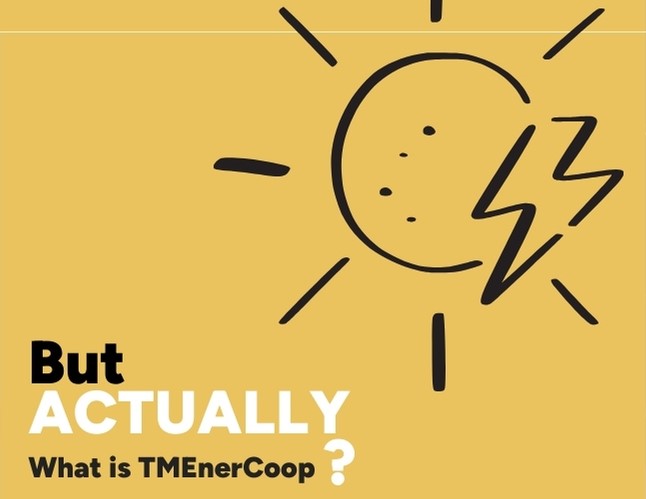
- Created in September 2013 by 12 founding members
- It now has 239 members
- There are 11 installations in 6 municipalities
- Total output 500 kWp (including 200 kWp in Esch/Alzette)
- Annual production forecast for 2024: ± 450,000kWh, equivalent to the annual consumption of members (± 1875 kWh / person / year)
- Under development: 1 project with an output of 300 kWp
